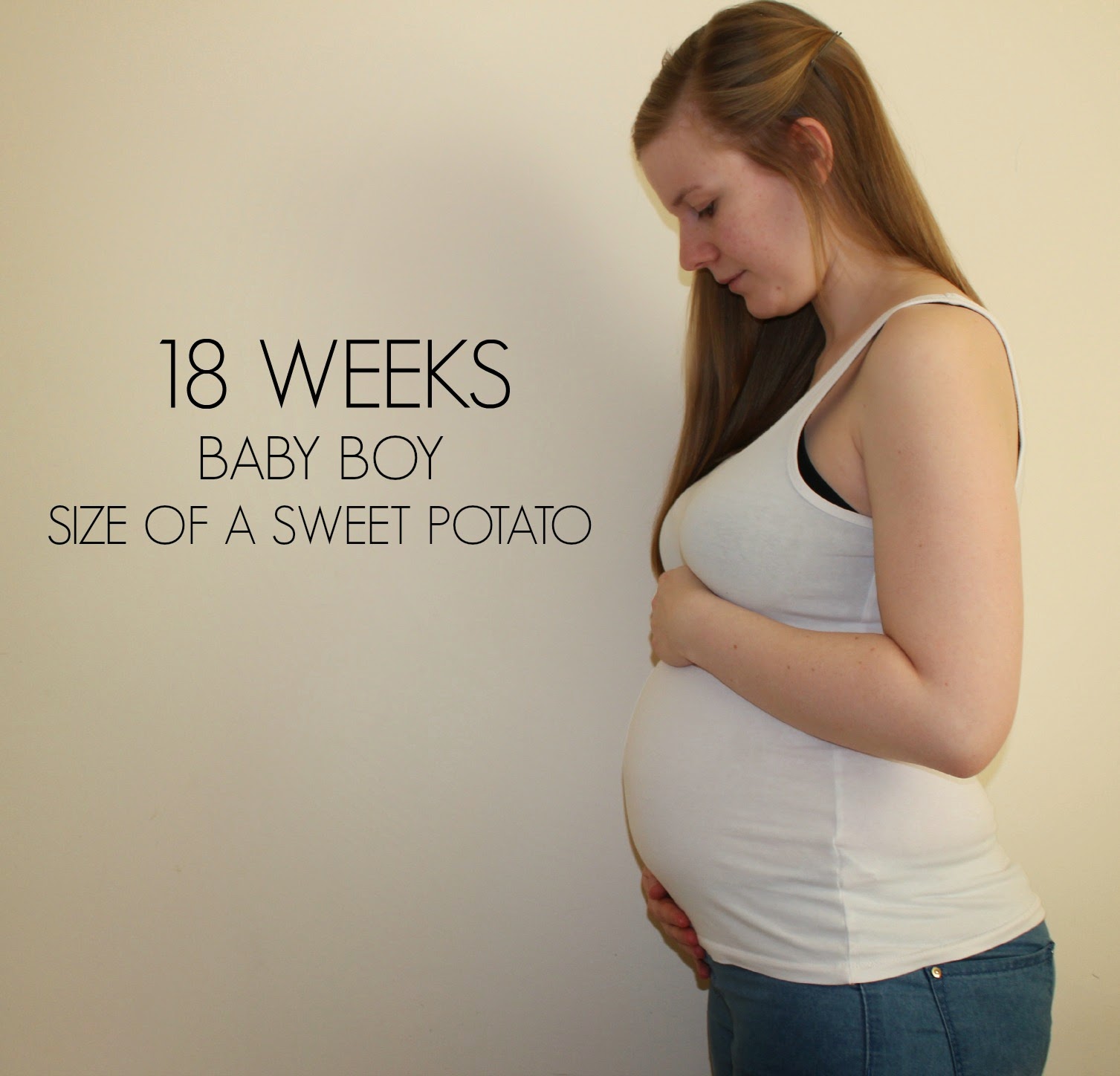Congratulations on reaching the 18th week of your pregnancy! At this point, your baby is about the size of a bell pepper, measuring around 5.6 inches and weighing about 6.7 ounces. Let’s dive into what’s happening in the world of 18 weeks pregnancy baby development!
Table of Contents
The Baby’s Growth and Development

During this week, your baby is growing rapidly, and their movements are becoming more coordinated. Their skin is becoming less transparent, and their blood vessels are visible underneath it. The baby’s ears are fully formed, and they can hear your voice and other sounds from the outside world. They are also starting to develop their own sleep patterns!
Your baby’s brain is rapidly growing and developing, with billions of neurons forming every day. The baby’s taste buds are also forming, and they can taste the amniotic fluid that surrounds them. They may even develop a preference for certain tastes!
At this point, your baby’s genitals are fully formed, and you may be able to find out their gender through an ultrasound scan. However, if you choose to wait until birth to find out, that’s perfectly fine too!
What’s Happening with the Mother
At 18 weeks, you may start to feel more energetic as the morning sickness and fatigue of the first trimester start to fade away. You may start to feel the baby’s movements more clearly, which is a wonderful and exciting feeling!
Your uterus is now roughly the size of a cantaloupe, and you may start to experience round ligament pain as the ligaments that support your uterus stretch and grow. This is normal, but if you experience severe pain or bleeding, it’s important to contact your healthcare provider immediately.
You should also start thinking about your upcoming ultrasound scans and prenatal appointments. These appointments are important for monitoring your baby’s growth and development and ensuring that both you and your baby are healthy.
Frequently Asked Questions
1. Can I still exercise at 18 weeks pregnant?
Yes, as long as your healthcare provider gives you the green light, exercising during pregnancy is generally safe and beneficial. Just make sure to avoid high-impact activities and listen to your body’s signals. If something feels uncomfortable or painful, stop immediately.
2. What should I be eating at 18 weeks pregnant?
It’s important to eat a healthy, balanced diet that includes plenty of fruits, vegetables, lean proteins, whole grains, and healthy fats. You should also make sure to stay hydrated by drinking plenty of water. Avoid foods that are high in sugar, salt, and saturated fat, as well as alcohol and caffeine.
3. When will I start to show?
Every woman’s body is different, but most women start to show around 12-16 weeks. By 18 weeks, you will likely have a noticeable bump, especially if this is not your first pregnancy.
4. When should I start looking for a pediatrician?
It’s a good idea to start researching pediatricians early on in your pregnancy so that you have plenty of time to find one that you feel comfortable with. You can ask for recommendations from friends and family, or search online for pediatricians in your area. Make sure to schedule a meet and greet with potential pediatricians to get a sense of their philosophy and approach to care.
5. Can stress harm my baby at 18 weeks pregnant?
Prolonged and excessive stress can have negative effects on both you and your baby, so it’s important to find healthy ways to cope with stress. This might include exercise, meditation, deep breathing, therapy, or spending time with loved ones. If you’re experiencing a lot of stress or anxiety, talk to your healthcare provider for additional support.
